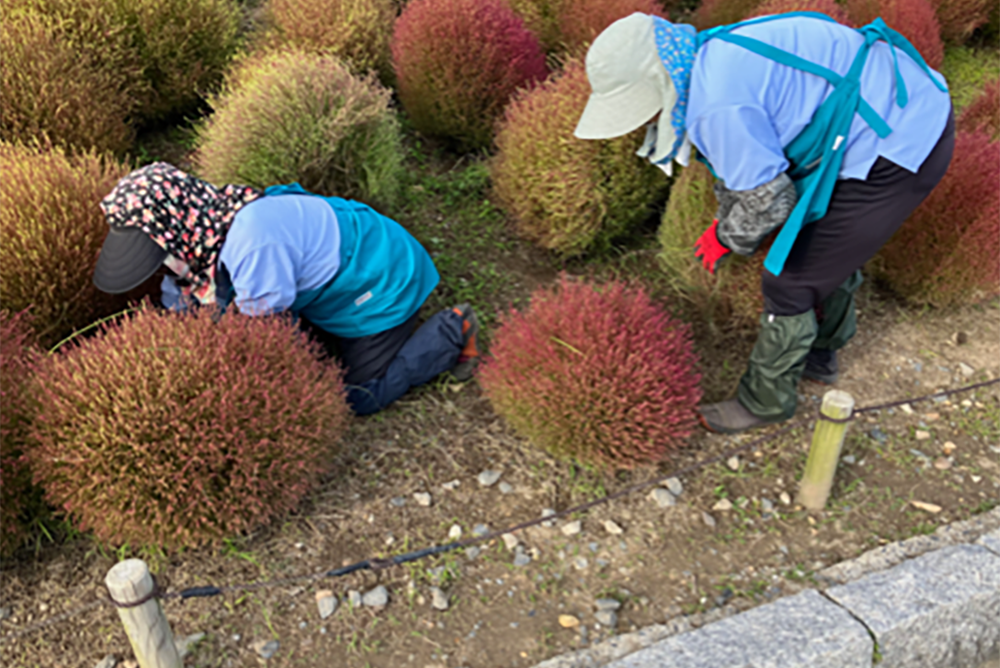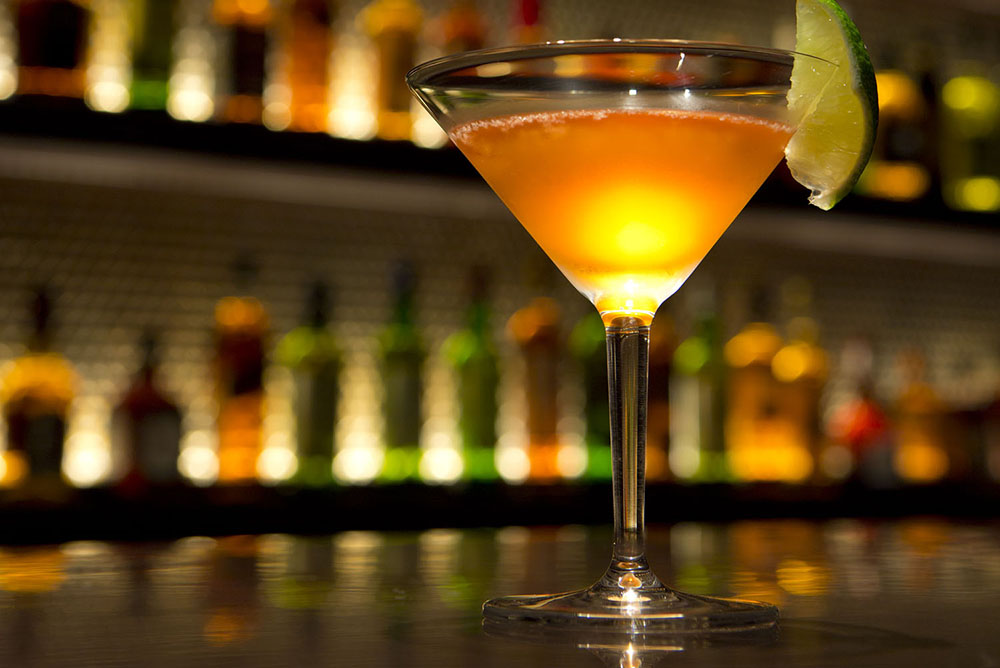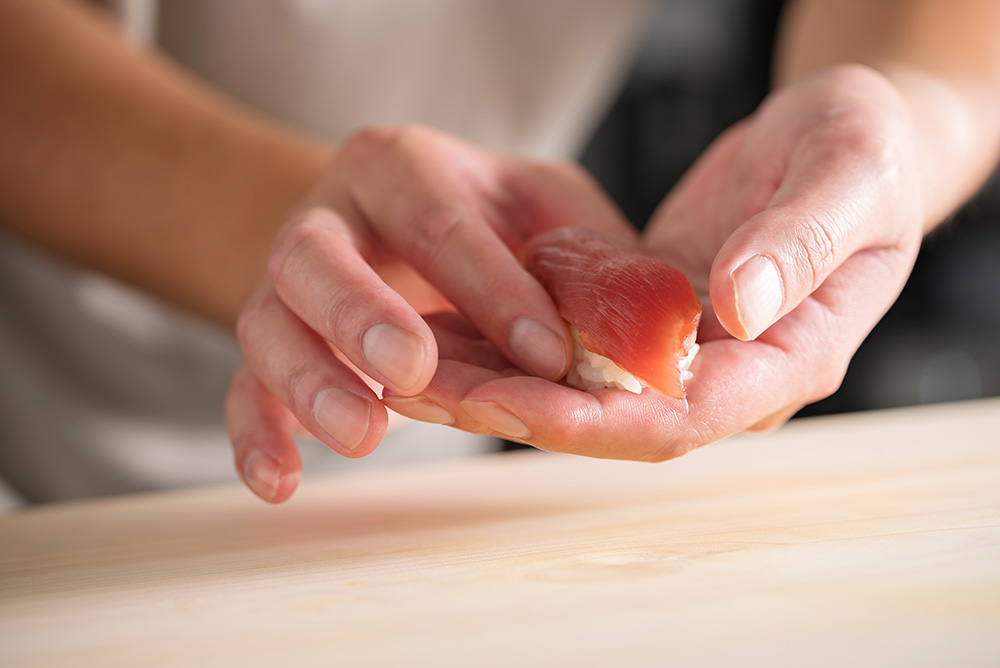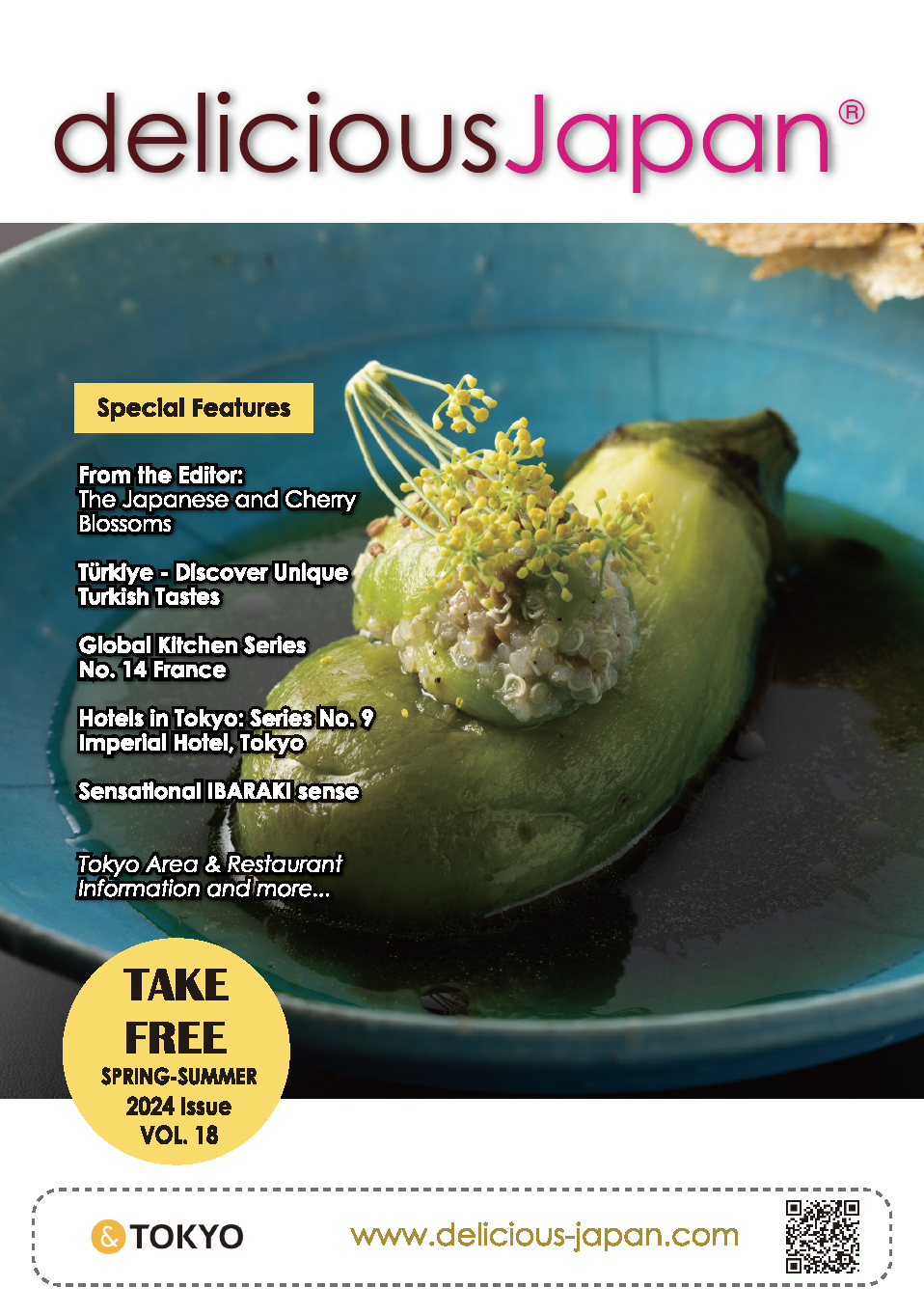Sole Pilaf and Yukio Mishima: A Literary Bite at Tokyo Kaikan

On a quiet Saturday, I made my way to Rossini Terrace at Tokyo Kaikan to savor a dish once beloved by Japan’s literary elite—the Sole Pilaf. The meal began with a spring vegetable soup and a crisp Caesar salad, followed by the main event: a golden-fried fillet of sole resting atop delicate pilaf. The staff advised a light touch with the château sauce, rich with butter, shallots, and white wine, due to its saltiness, though I found it surprisingly mild. The overall flavor was disarmingly simple, bordering on austere.
Rossini Terrace, an all-day dining spot known for its casual yet classic fare, such as chicken omelets and beef curry, features this Sole Pilaf as a seasonal special. It’s more than just a dish. It’s a page from Japan’s literary history. The famed author Yukio Mishima frequently referenced "sole pilaf" in his writings. It turns out, he was referring to this very creation: an original Tokyo Kaikan recipe where Western technique meets nostalgic refinement.


Yukio Mishima: A Sole Pilaf, A Life of Extremes
Yukio Mishima often wrote about Tokyo Kaikan in his works. Whether sipping a Tom Collins or savoring his favorite dishes, the renowned author frequently mentioned the "sole pilaf at Prunier"—a dish he claimed to crave repeatedly, needing only a brief pause before longing for it again. Located in the Ginza–Hibiya–Marunouchi area, Tokyo Kaikan stood at the intersection of literature and culture—a meeting point for Japan’s great minds.
Born in 1925, Mishima was a towering figure in postwar Japanese literature—a novelist, playwright, and political activist whose global renown nearly earned him the Nobel Prize. His signature works, The Temple of the Golden Pavilion and Confessions of a Mask, are celebrated for their lush prose and aesthetic intensity. However, Mishima was more than just a writer. In his later years, he shifted his focus to politics, joining Japan’s Self-Defense Forces for training and founding the private militia “Tatenokai.” His life ended dramatically in 1970 when he attempted a coup at the Ichigaya garrison and died by ritual suicide, a shocking act that reverberated throughout the nation.
To eat Sole Pilaf in this context—recalling Mishima’s exquisite tastes, his intensity, his contradictions—is to savor not just a dish, but a story. Its simplicity is no accident. Against the backdrop of a man who lived and died with theatrical grandeur, the understated flavor feels oddly inevitable.
Special Message: Commemorating the Centennial of Yukio Mishima's Birth
By Yukiko KAWAIEditor, Writer, Member of the Travel Writers’ Association, and Researcher of Yukio Mishima
 Yukiko KAWAI
Yukiko KAWAIYukio Mishima, one of Japan’s most celebrated literary figures of the Shōwa era, passed away at the age of 45. Yet, from his birth in 1925 to the year 2025, a century has now passed, marking 100 years since the birth of a writer whose brilliance continues to inspire. In tribute to this milestone, we have invited a message from Ms. Yukiko Kawai, a writer, editor, and researcher of Mishima’s works, titled "Commemorating the Centennial of Yukio Mishima's Birth."
"My first encounter with Yukio Mishima was through his literary works. I became completely immersed in the Mishima world after reading The Temple of the Golden Pavilion, and soon devoured many of his novels published by Shinchosha Bunko. As a high school student, I found Mishima’s literature to be profoundly stimulating—memories that remain precious to this day.
For many years, Mishima’s world lay dormant within me. But around the 50th anniversary of his death, I began researching and writing articles about the places and foods he loved.
This year, as we mark both the 100th anniversary of his birth and the 80th year since the end of World War II, I find myself moved by a message that seems to echo through Mishima’s legacy: 'Japanese people, the time has come—awaken!'
It feels as though Mishima does not wish to remain a mere historical figure. Rather, he still longs to have his name and ideas resonate with the world today.
Around the globe, more and more people are discovering Yukio Mishima. And I will continue to share his legacy with the world. Congratulations on your centennial, Mishima-sensei."





